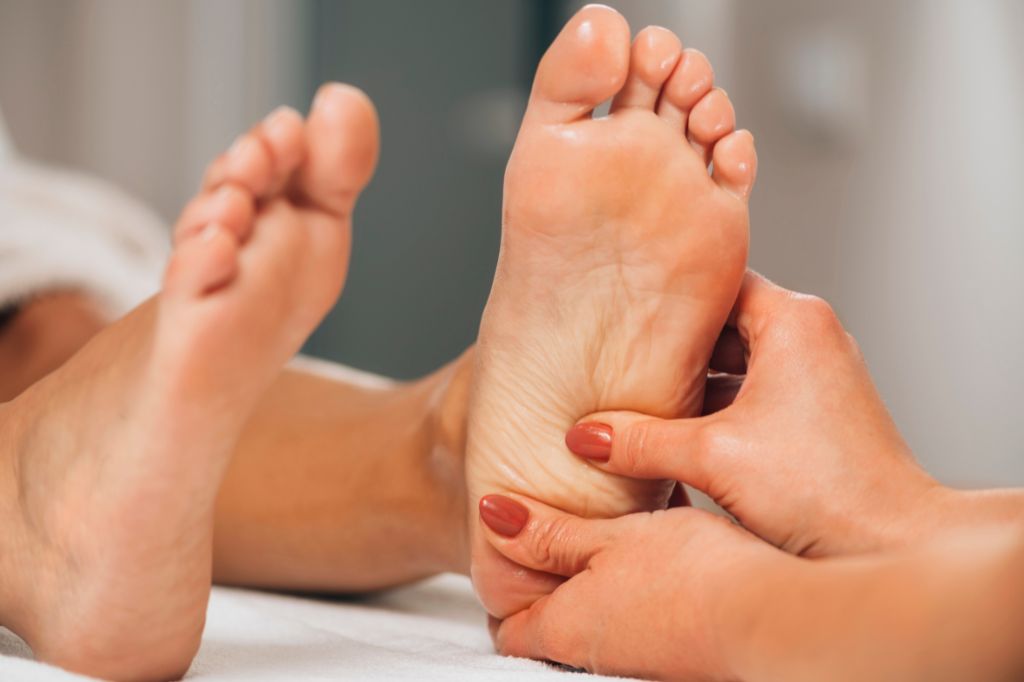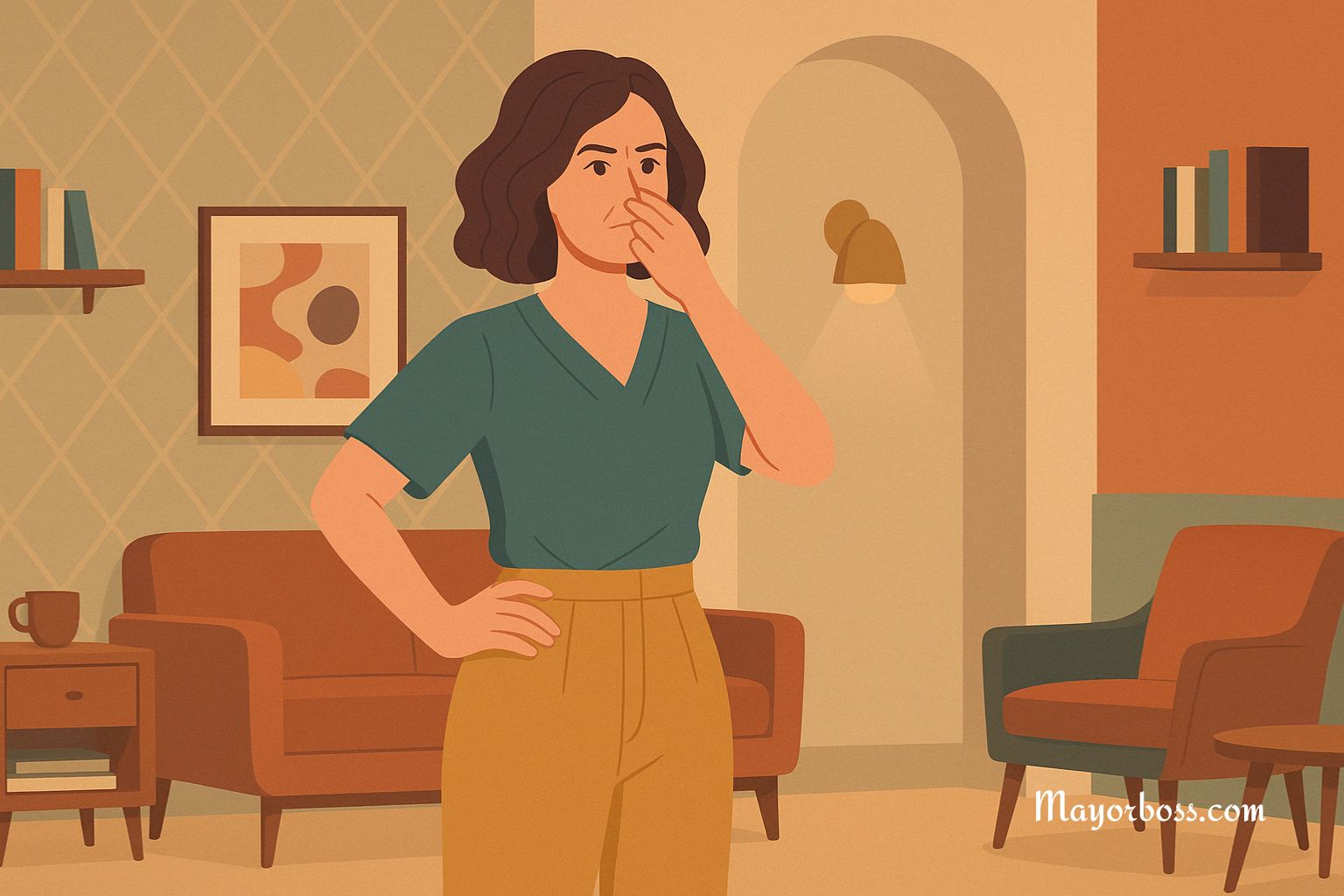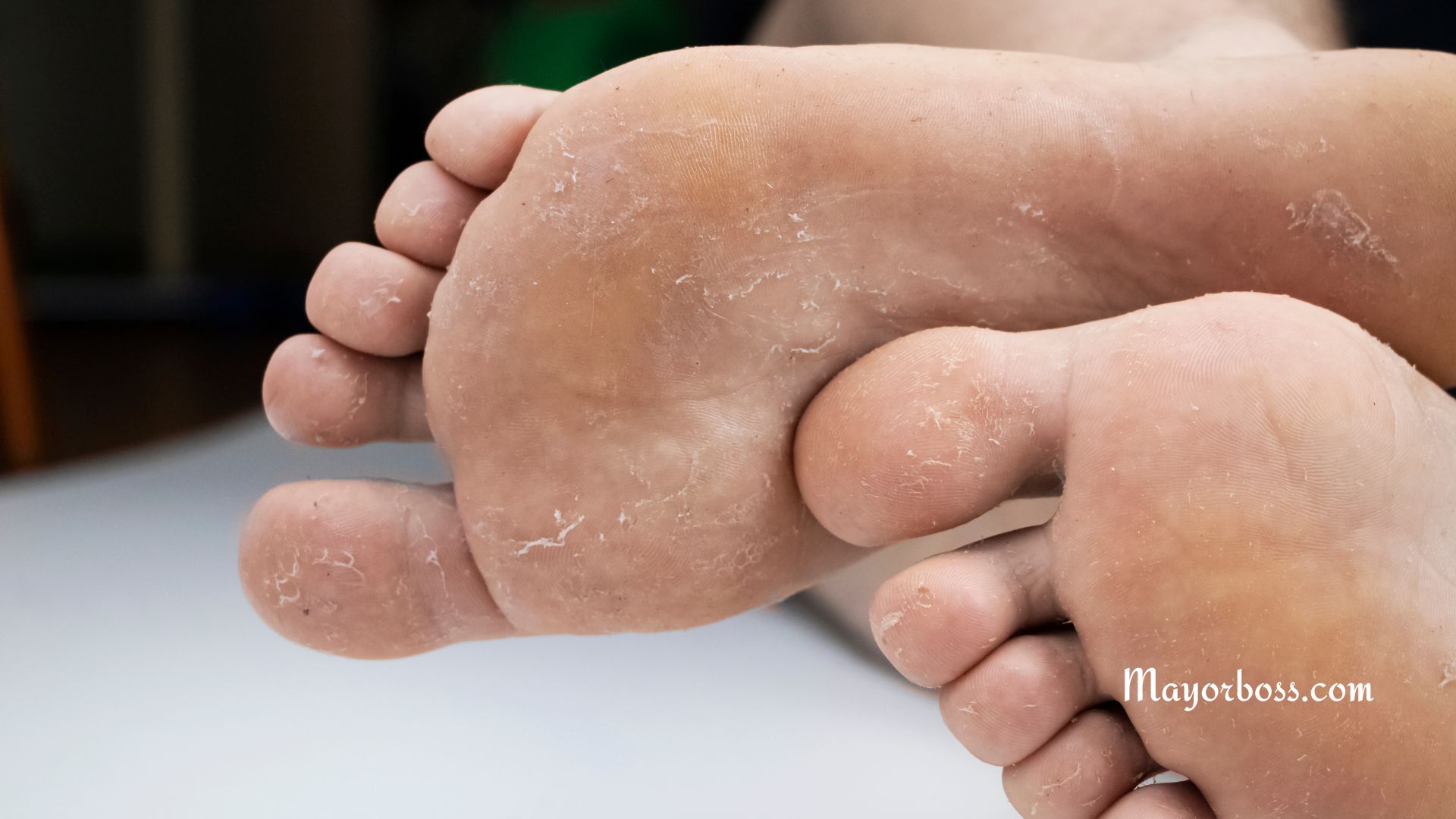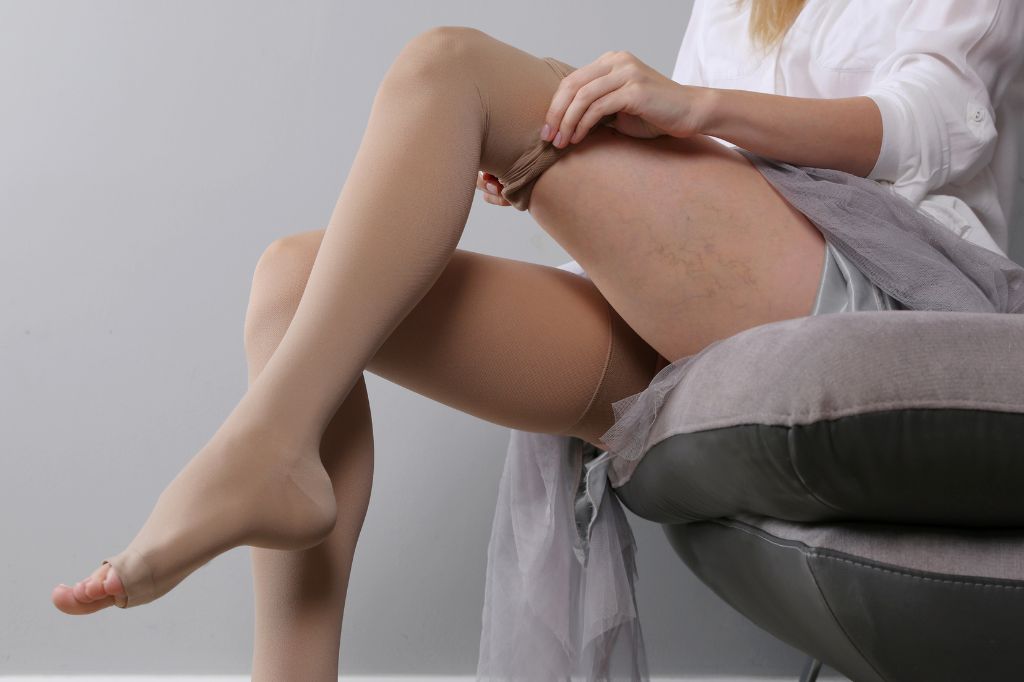7 Home Remedies for Swollen Ankles
Swollen ankles are a common issue that many people face, especially if they have been standing or walking a lot. This swelling can be uncomfortable, but fortunately, several home remedies can help. These include elevation, compression, ice application, hydration, and engaging in light physical exercises.
What Causes Swollen Ankles?
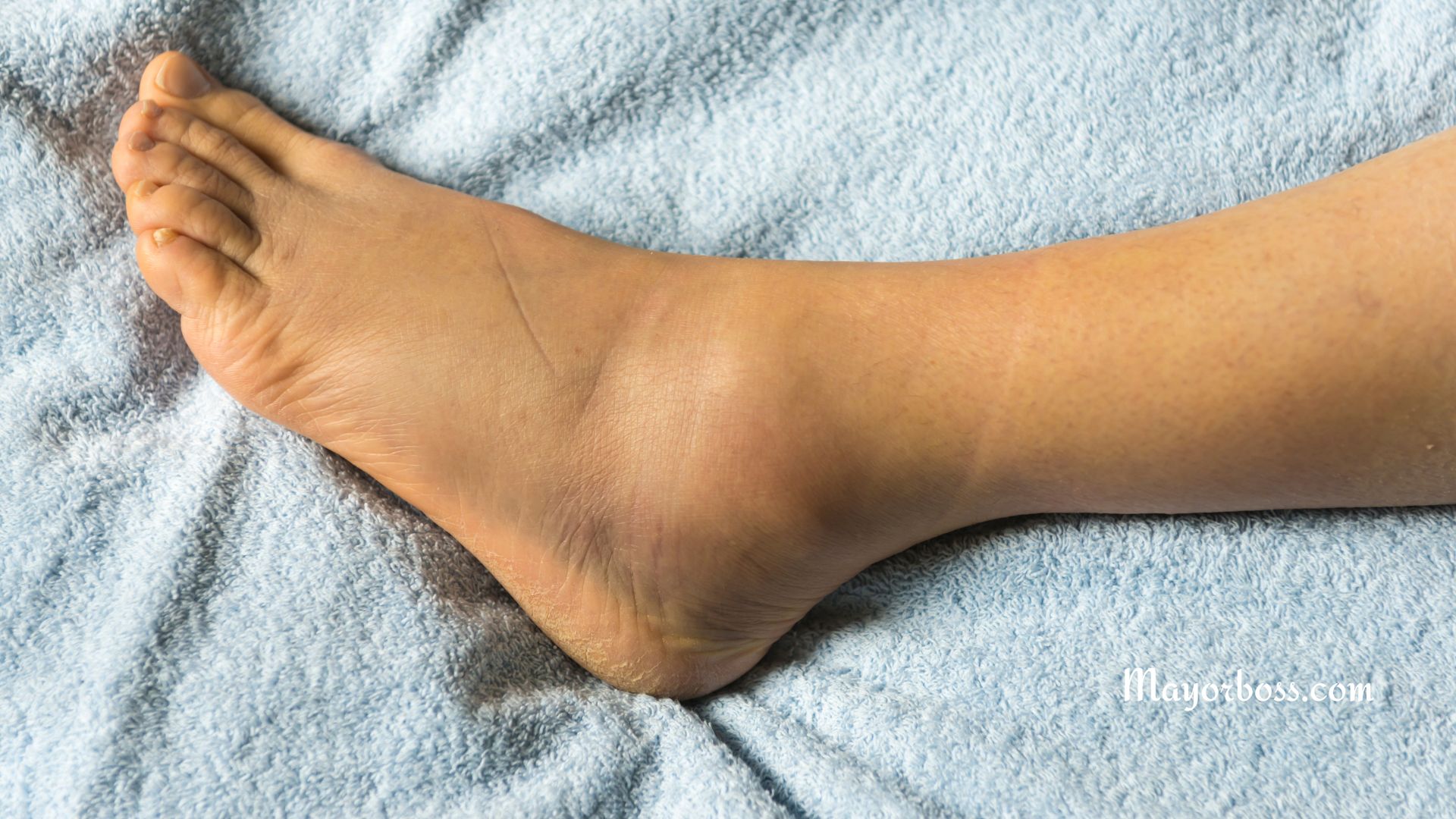
Swollen ankles might be a result of various factors. Below are some of the common causes:
- Injuries: If you twist or sprain your ankle, it may become swollen.
- Pregnancy: During pregnancy, fluid retention can cause ankles to swell.
- Medication Side Effects: Certain medications can cause swelling in the ankles.
- Health Conditions: Health issues like heart failure or kidney disease might also cause swelling.
Home Remedies for Swollen Ankles
Now, here are the home remedies that can provide relief:
1. Elevation
Elevate your ankle above the level of your heart. This helps the fluid to move away from the ankle, thus reducing the swelling.
2. Ice Application
Applying ice to the swollen area can reduce inflammation. So, if you have an ice pack, wrap it in a cloth and place it on the swollen ankle for about 15 to 20 minutes. Repeat this process a few times a day, and you’ll likely see a reduction in swelling.
3. Compression
Wearing compression socks or bandages can provide support to the swollen area. If you’re unsure about how to do it, ask a family member or friend for assistance. You can find these socks at many stores or ask your local pharmacist for recommendations.
4. Hydration
Drinking enough water can aid in reducing swelling. According to health experts, staying hydrated helps your body to balance its fluid levels.
5. Massage
A gentle massage can also be beneficial. But you need to be careful not to press too hard on the swollen area. Softly massaging the area can improve blood flow.
6. Reduce Salt Intake
Salt can cause your body to retain water, which might result in swelling. Therefore, reducing your salt intake can be helpful.
7. Physical Exercise
Engaging in light physical exercises such as walking or stretching can be very beneficial. But make sure to take it easy and not overstrain your ankle.
When to See a Doctor?
Sometimes, home remedies might not be enough. If your swelling continues for several days or gets worse, it’s time to see a healthcare professional. A medical expert can properly diagnose the underlying issue and offer suitable treatment.
These home remedies are usually safe to try and can be quite effective. However, it’s always wise to consult with a healthcare provider if you have any concerns about your condition or if the swelling doesn’t go away with these methods.
Frequently Asked Questions
Why Do My Ankles Swell After Standing All Day?
When you stand for a long time, gravity pulls fluids down to your feet and ankles. This can make them swell. Wearing supportive shoes and moving around can help prevent this from happening.
Can Certain Foods Cause Swollen Ankles?
Yes, eating too much salty food can cause your body to retain water, resulting in swollen ankles. So, cutting back on salty snacks and processed foods can be a good way to reduce swelling.
Is It Normal for Ankles to Swell During Pregnancy?
It’s common for ankles to swell during pregnancy. Your body holds onto extra fluids, and your growing uterus can put pressure on veins, slowing down the blood flow. Following the doctor’s advice and using some of the home remedies like elevation or compression might be helpful during this time.
How Long Should I Apply Ice to My Swollen Ankle?
Applying ice to the swollen area for 15 to 20 minutes at a time can be effective. Just make sure to wrap the ice in a cloth or towel so that it doesn’t directly touch your skin. Repeat this several times a day if needed.
When Should I Definitely See a Doctor for Swollen Ankles?
If your swelling continues for several days, gets worse, or if you experience other symptoms like pain or redness, it’s time to see a doctor. They can check what’s going on and provide the right treatment for you.
Further Reading: Why Your Legs May Be Swollen

